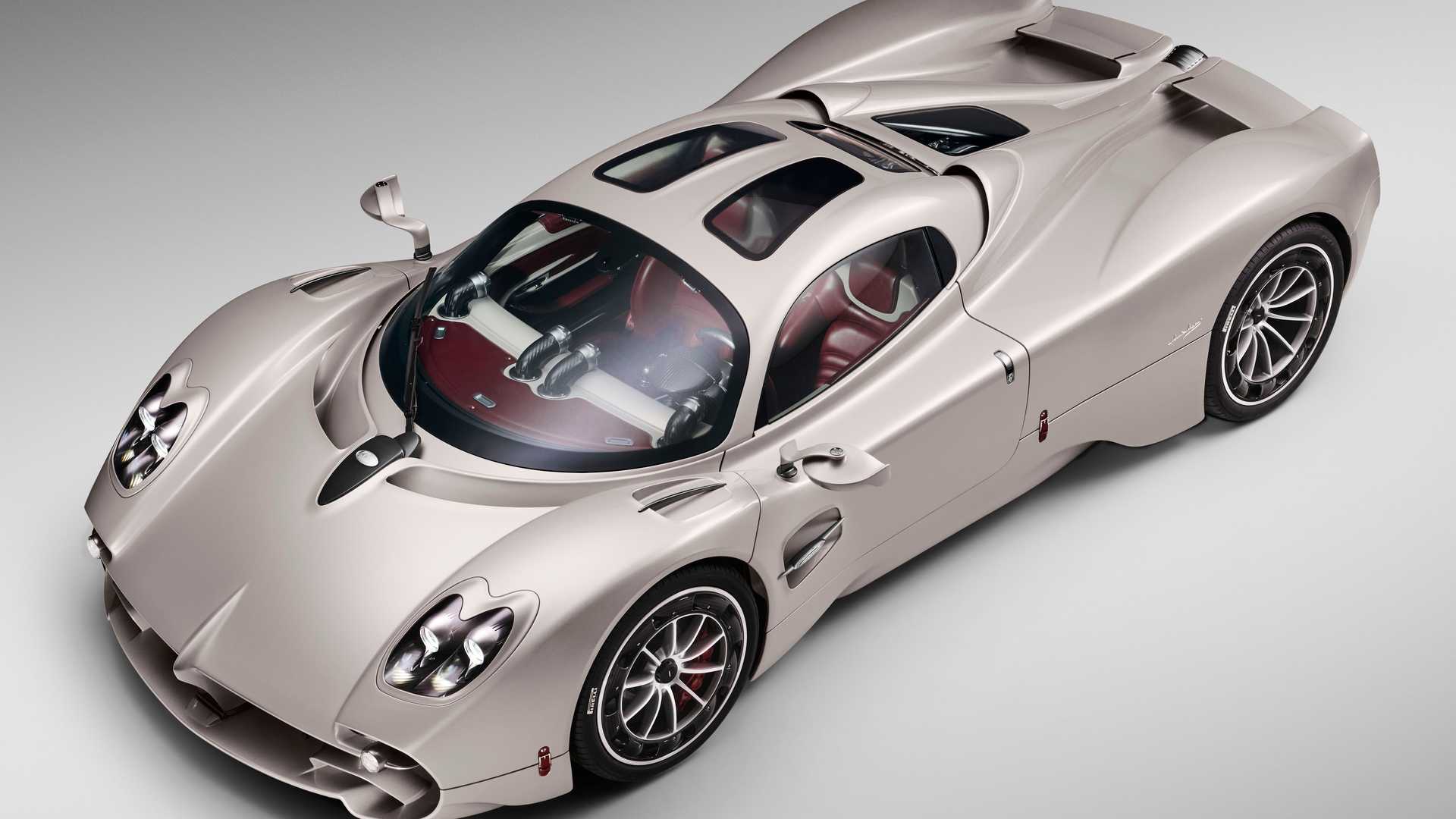Despite ongoing development efforts, a fully realized Pagani electric vehicle remains several years away from production. The primary hurdle that the company faces is the current weight of available battery technology, which does not align with Pagani's vision of building lightweight vehicles, a characteristic synonymous with its brand identity.
Christopher Pagani, son of the company's founder, recently disclosed to Top Gear that the existing battery technology falls short of Pagani's requirements. The weight of batteries poses a significant challenge, which is a critical concern for a brand that places utmost importance on the performance attributes of its cars. To illustrate the issue, the GMC Hummer EV, although an extreme example, weighs nearly 10,000 pounds (4,5 tons), while more mainstream EVs like the Ford Mustang Mach-E and Volkswagen ID.4 average around 4,500 pounds (2 tons). This weight disparity presents a substantial obstacle for Pagani, as they aim to deliver a performance-focused electric hypercar.
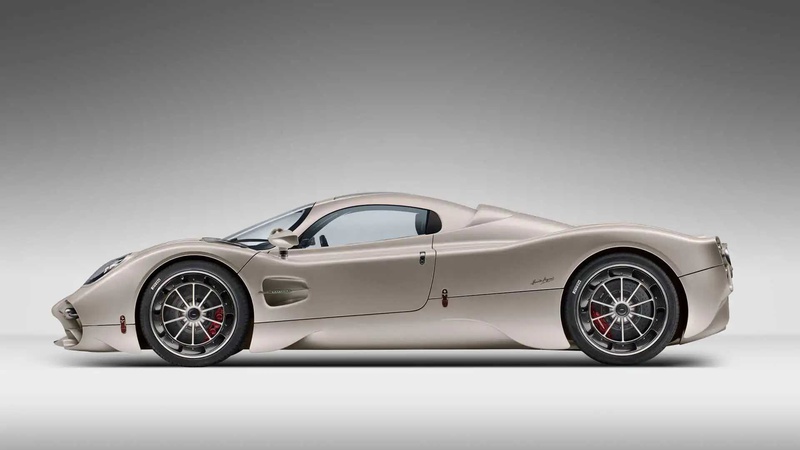
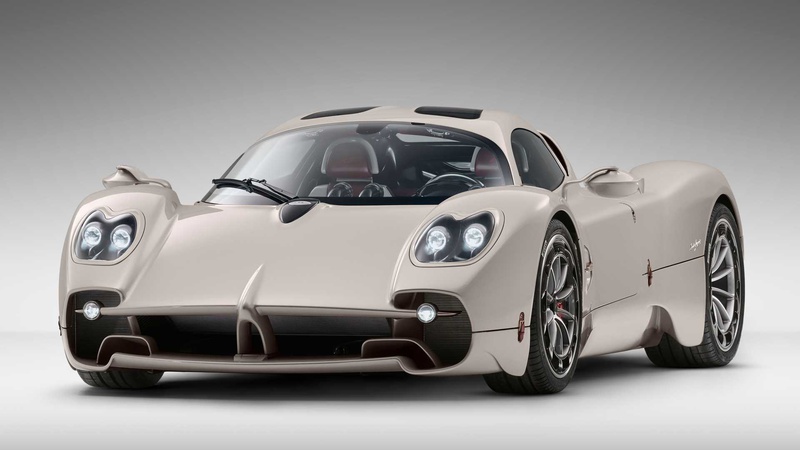
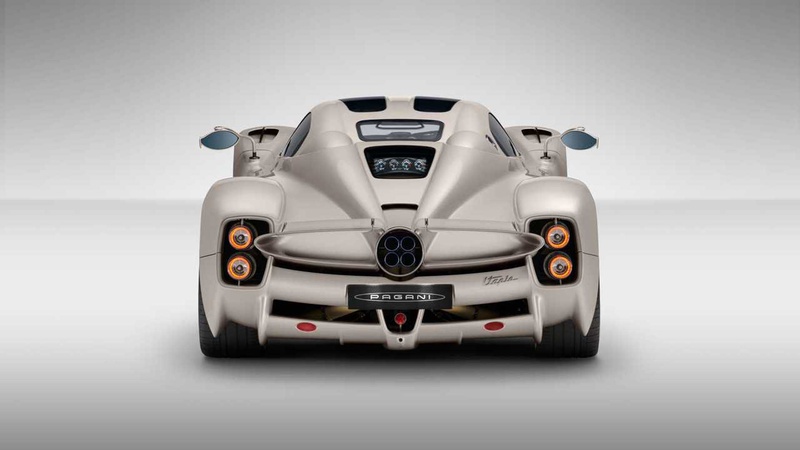
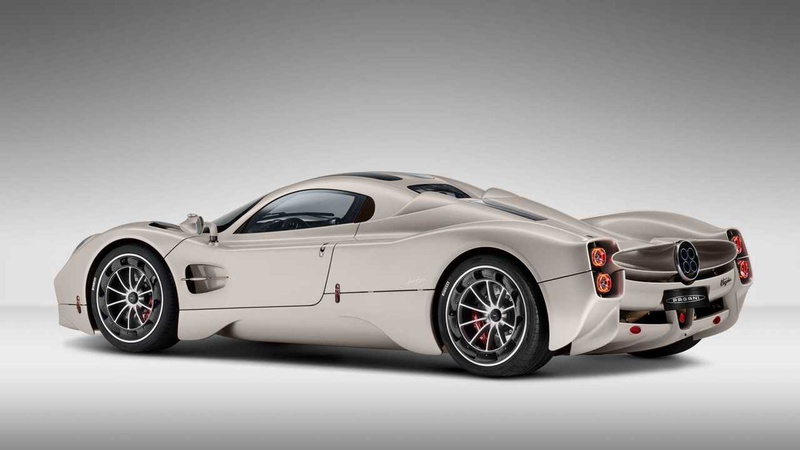
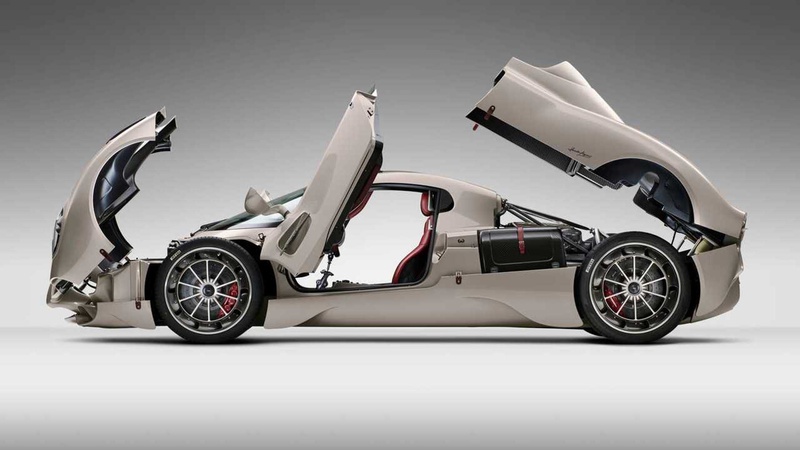
Pagani Utopia
Despite the reserved approach towards EVs, Pagani remains interested in the technology and embarked on its own EV development journey back in 2018. The company finds the challenge of creating an EV enticing and is keen to innovate in this space. There is a possibility that Mercedes, with whom Pagani currently partners for V12 engines, could lend assistance when the time comes for Pagani to fully commit to EV production. Christopher Pagani revealed that ongoing discussions take place between the two companies, exploring future collaborations and opportunities.
Looking ahead, Pagani's powertrain strategy could be influenced by evolving emissions regulations. As a bespoke automaker, Pagani is not subject to the European Union's combustion engine ban until 2035. Recent changes to the law may allow for the use of synthetic fuels or some form of combustion power even after the deadline. Porsche and other automakers are already exploring these alternatives. As a small, family-owned brand, Pagani has the luxury of time to carefully consider and determine its path forward in response to the industry's evolving landscape.
Source: Top Gear
